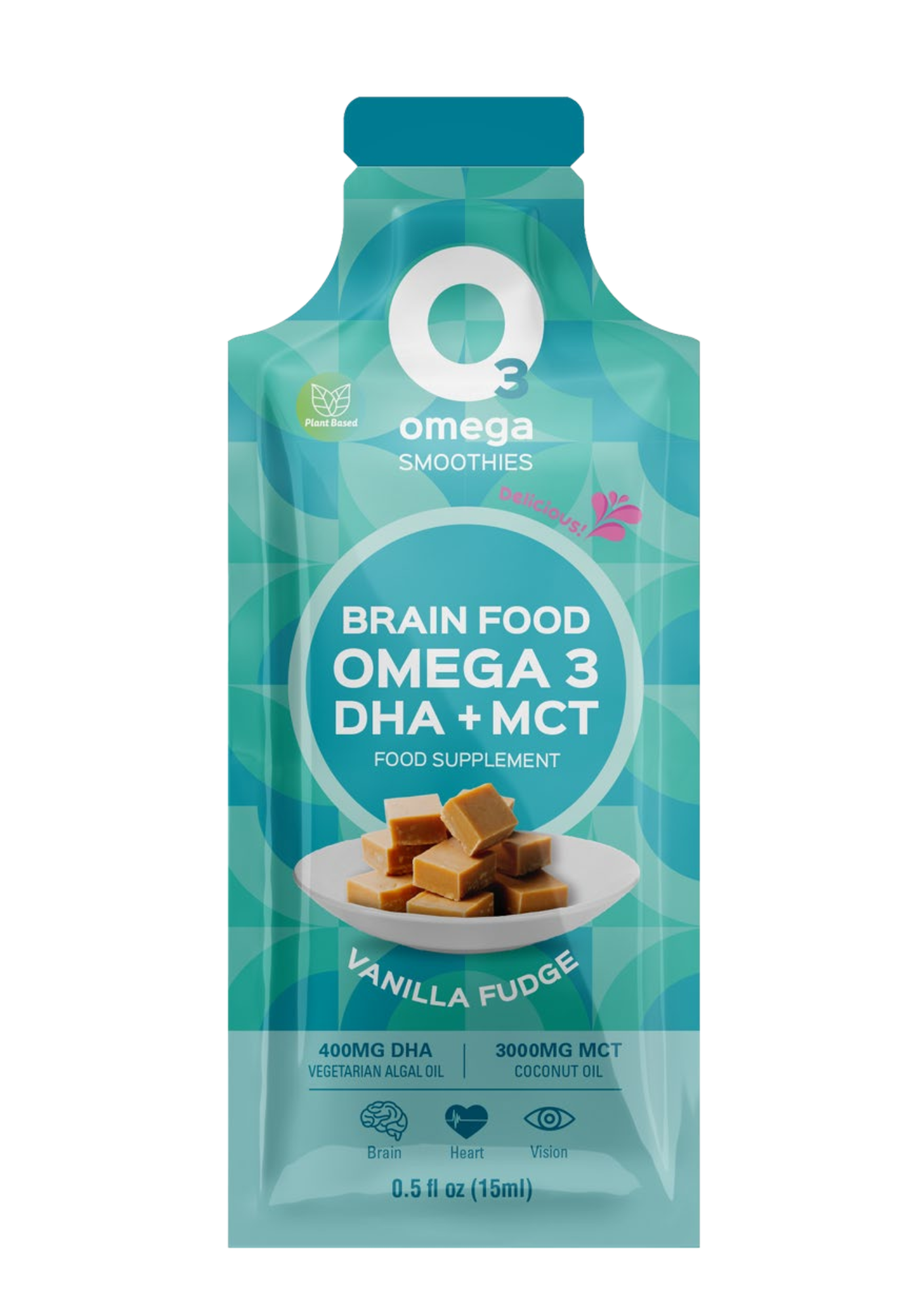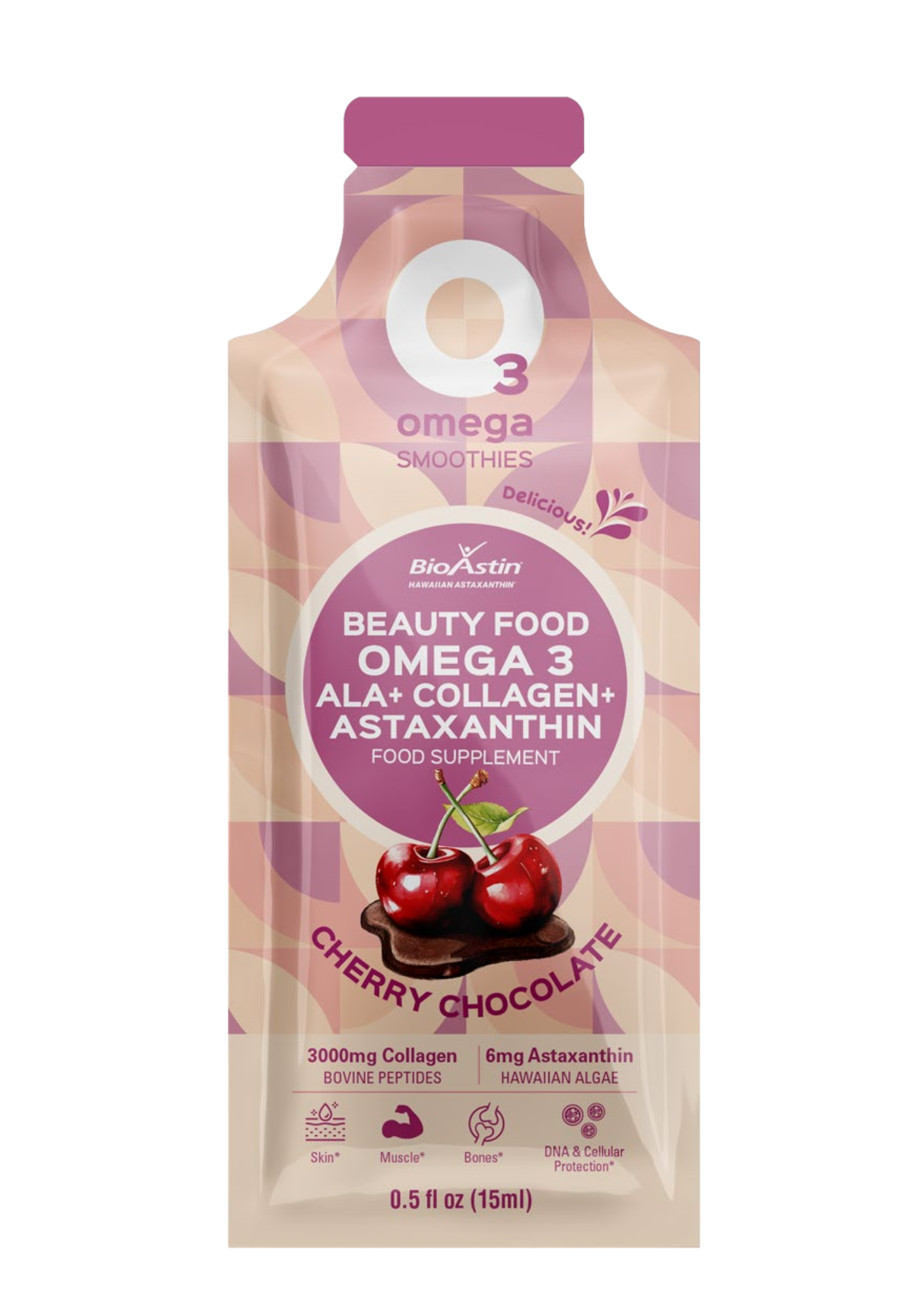There are as many causes of anxiety as there are sufferers, and also many different ways of reaching a cure. However, there are some simple lifestyle changes you can make which benefit anyone struggling with nervousness, depression, and other mental health issues.
1) Get Plenty of Sleep
Insomnia is a common companion of anxiety, but it's important to do what you can to get enough sleep. Tiredness leads to feeling physically low and lacking the strength to fight off anxious thoughts. Also, lying awake at night gives you too much opportunity to stew over your worries.
If you find sleep a problem, try insomnia-beating techniques like meditation, aromatherapy, and avoiding electronic devices for an hour before bed,
2) Start a Journal
Writing a journal at the end of each day helps anxiety in two ways. First, it bookends the day and becomes part of the sleep routine, helping to defeat any insomnia.
Second, it's helpful to set nebulous anxieties out on paper. Writing your worries down lets you see them in a new light, and this can take much of their power away.
3) Importance of Diet
A balanced diet can go a long way toward a more balanced state of mind. Avoid highly processed foods which play havoc with your blood sugar, as fluctuating sugar levels can feel very similar to an oncoming panic attack.
Also, pay particular attention to these nutritional issues:
- Vitamin B deficiency has been linked to a lack of mental perspective, increased feelings of panic, and in severe cases paranoia and delusions. Make sure you get your vitamin B fill by eating plenty of dairy products.
- Omega-3s are proven to smooth out spiky mental processes and reduce mood swings. Eat oily fish such as salmon and tuna, or if you don't eat fish, Omega 3 Smoothies can provide you with the highest quality DHA and MCTs.
- Minerals such as zinc and potassium are essential for brain function and overall mental health. Up your intake of leafy greens, nuts, and seeds to ensure you avoid any deficiencies.
4) Drink More Water
Dehydration leads to low serotonin levels, making existing anxiety symptoms worse. Drinking plenty of water won't by itself solve nervous issues, but there's no doubt that being dehydrated doesn't help your state of mind.
5) Get More Exercise
Increased physical exercise helps you to sleep, gives you a mild endorphin high, and builds a sense of purpose and satisfaction. For the greatest benefits, try and exercise outdoors rather than hitting the treadmill at the gym.
Being around nature is itself a powerful way to counteract anxiety. Just as importantly, exercising in sunlight helps your body to produce vitamin D, a proven mood stabilizer and anxiety reducer.
6) Declutter Your Environment
When you have things on your mind it's easy to forget about housework, but the idea of a tidy home making for a tidy mind is more than a cliche. If your surroundings are cluttered and chaotic, it's easy for your brain to feel the same.
What's more, tidying your home or workplace environment is a physical and mental statement that you're taking control, and have agency over your surroundings.
7) Avoid Alcohol
A drink or two at the end of the day might seem to take the edge off your anxiety, but it's counterproductive if it goes even a little bit too far. Alcohol disrupts your sleep, disturbs your mental balance, and leaves you feeling vulnerable in the mornings.
8) Get Social
When you're feeling anxious, it's natural to want to hide away and spend time alone. However, this can quickly lead to a loss of perspective, and to lingering worries you can't get rid of.
Spending time with other people can be a distraction from your anxiety, and good friends will provide moral support to help you through difficult periods.
Anxiety can feel like it's taking over your life, but there's no need to be a prisoner to it. Being proactive and making a few lifestyle changes can provide a solid foundation to build your anxiety recovery on.
Learn more about reducing anxiety with omega-3s today!






0 comments